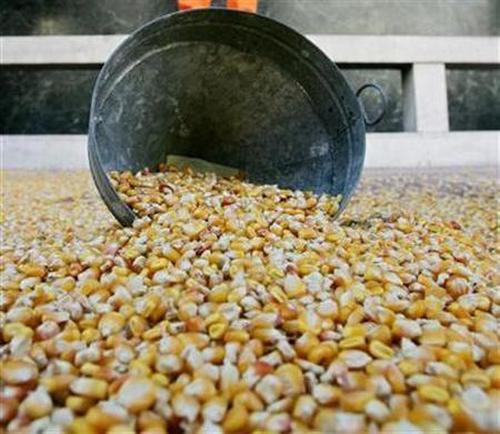 | « Back to article | Print this article |
You can now know if you bought a GM food
India might not have started growing genetically modified (GM) food crops, but it does import food products that contain GM ingredients. Consumers who buy them have no way of knowing what they contain.
Recently, the department of consumer affairs, under the Union food and consumer affairs ministry, decided to take a corrective measure to help consumers make an informed choice.
It mandated that all packaged food products containing GM ingredients should carry a GM label from January 1, 2013.
The department notified 19 commodities to be covered by the new labelling rule. These include baby food, biscuits, breads, edible oils, milk powder, cereals and pulses.
"Every consumer has a right to know what kind of food he or she is eating, and with the controversy over health impacts of genetically modified food, labelling becomes all the more important," says B N Dixit, director (legal metrology) with the department of consumer affairs.
Click NEXT to read more...
You can now know if you bought a GM food
But how will the new rule get implemented? The consumer affairs department deals only with packaging, and weights and measures. Dixit says it is for the Food and Safety Standards Authority of India (FSSAI) to decide what information should be displayed and in what manner.
FSSAI chief executive officer S N Mohanty in a written response said: "Regulations for labelling of GM food are under preparation in FSSAI and these would be incorporated in labelling and packaging regulations of FSSAI which is under preparation."
In 2010, FSSAI had prepared an interim regulation - Operationalising the Regulation of Genetically Modified Foods in India.
It says that to manage the regulatory programme for GM foods, FSSAI would establish a new secretariat - GM Foods and Food Safety Assessment Unit (GMFSAU). It would have a multi-disciplinary team of scientists trained in safety assessment.
Click NEXT to read more...
You can now know if you bought a GM food
This unit would assess and decide whether the GM event (gene insertion) for which approval is sought can be considered as safe as non-GM food.
The report of GMFSAU would then be reviewed by FSSAI's expert committee on GM foods, which would also oversee the public consultations process before giving its recommendation.
But this interim regulation may end up as an exercise on paper. Mohanty says the department of biotechnology has since mooted the Biotechnology Regulatory Authority of India (BRAI) bill for a single regulator for genetically modified food. Since BRAI has come into picture, it is yet to be made clear who will regulate GM food.
The food processing industry, meanwhile, is clueless about what needs to be done before the approaching deadline of January 1. Industry sources say they cannot act unless they get clear instructions.
Dixit blames FSSAI for the situation, saying the consumer affairs department had given it more than six months to formulate regulations.
Reprinted with permission from Down to Earth magazine



